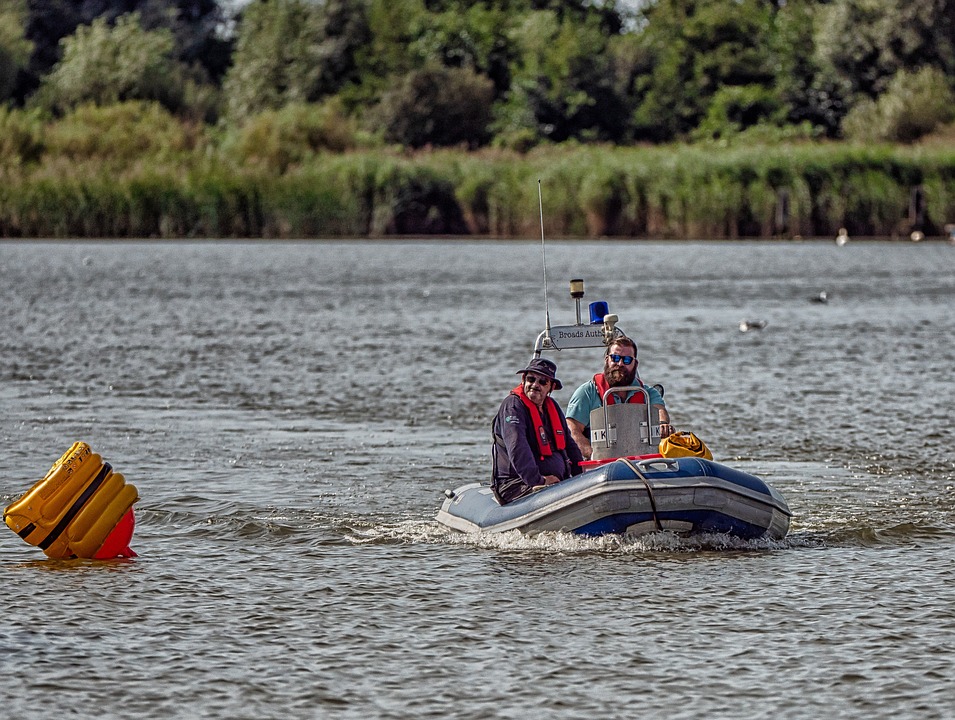Rigid inflatable boats (RIBs) are popular among boaters for their versatility, stability, and durability. But like any watercraft, RIBs require regular maintenance and care to keep them in top condition. Proper maintenance not only ensures the safety of the passengers and extends the lifespan of the boat, but also improves its performance and resale value.
Washing and Cleaning
One of the most important aspects of RIB maintenance is washing and cleaning the boat regularly. Saltwater, dirt, and grime can build up on the hull and tubes, causing damage over time. To prevent this, rinse the boat thoroughly with fresh water after every use, paying special attention to the tubes and bottom of the hull.
For a more thorough clean, use a mild detergent and a soft brush to scrub the hull and tubes. Avoid using harsh chemicals or abrasive cleaners, as they can damage the boat’s surface. After washing, rinse the boat again with fresh water and dry it with a soft towel or chamois to prevent water spots.
Tube Maintenance
The tubes are a key component of a RIB, providing stability and buoyancy. To keep the tubes in good condition, check for leaks, tears, and punctures regularly. If you notice any damage, repair it immediately with a patch kit or contact a professional for assistance.
In addition, it’s important to protect the tubes from UV rays, which can cause them to deteriorate over time. Apply a UV protectant or wax specifically designed for inflatable boats to the tubes regularly to prevent fading, cracking, and discoloration.
Engine Maintenance
The engine is another crucial part of a RIB that requires regular maintenance. Check the oil, fuel, and coolant levels before each outing, and top them up as needed. Inspect the propeller, shaft, and other engine components for signs of wear and damage, and replace any worn parts immediately.
It’s also important to flush the engine with fresh water after each use to remove salt, dirt, and debris that can cause corrosion and damage. Follow the manufacturer’s guidelines for flushing and maintaining the engine to ensure optimal performance and longevity.
Trailer Maintenance
If your RIB is stored on a trailer when not in use, it’s important to maintain the trailer as well. Check the tires for wear and proper inflation, and replace them if necessary. Inspect the lights, brakes, and wiring for damage, and repair or replace any faulty components.
Grease the wheel bearings regularly to prevent corrosion and ensure smooth movement. Check the trailer hitch, winch, and straps for proper function, and replace any worn or damaged parts. Proper trailer maintenance not only protects your boat during transportation, but also ensures safe and secure storage.
Storage and Protection
When not in use, it’s important to store your RIB properly to protect it from the elements and prevent damage. Ideally, store the boat in a covered and dry location, such as a garage or storage shed. If outdoor storage is necessary, invest in a high-quality boat cover to protect the hull and tubes from sunlight, rain, and debris.
In addition to storing the boat properly, it’s important to protect it when moored or docked. Use fenders and dock lines to prevent damage from bumping against the dock or other boats. Inspect the mooring lines regularly for wear and tear, and replace them if necessary.
Regular Inspections
Regular inspections are essential to keep your RIB in top condition and prevent costly repairs. Check the hull, tubes, and engine for signs of damage, wear, and corrosion on a regular basis. Inspect the electrical system, navigation lights, and safety equipment to ensure they are functioning properly.
Perform a thorough inspection before each outing to identify any potential issues and address them before they become a problem. By taking a proactive approach to maintenance and care, you can enjoy your RIB to its fullest potential for years to come.
